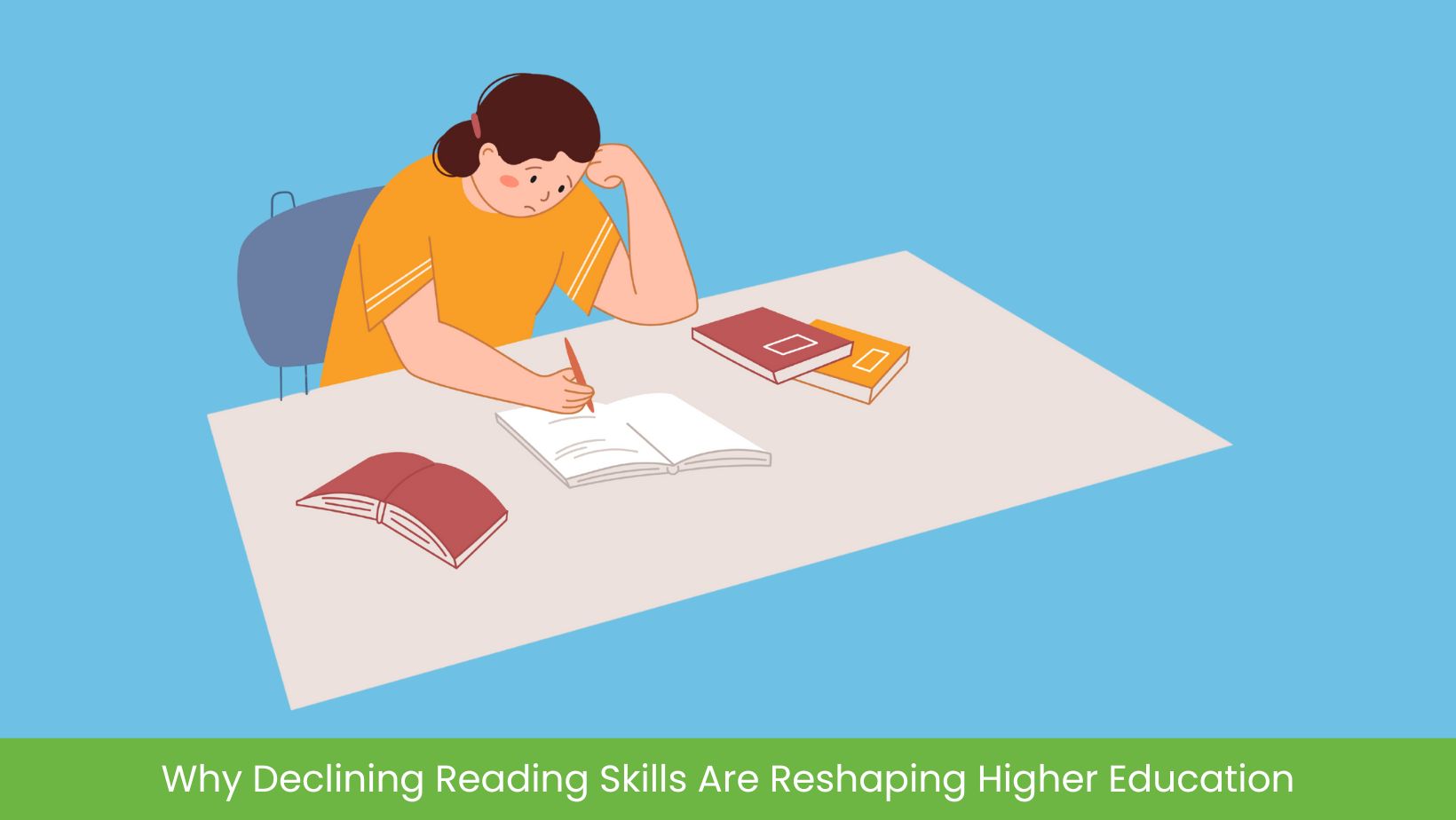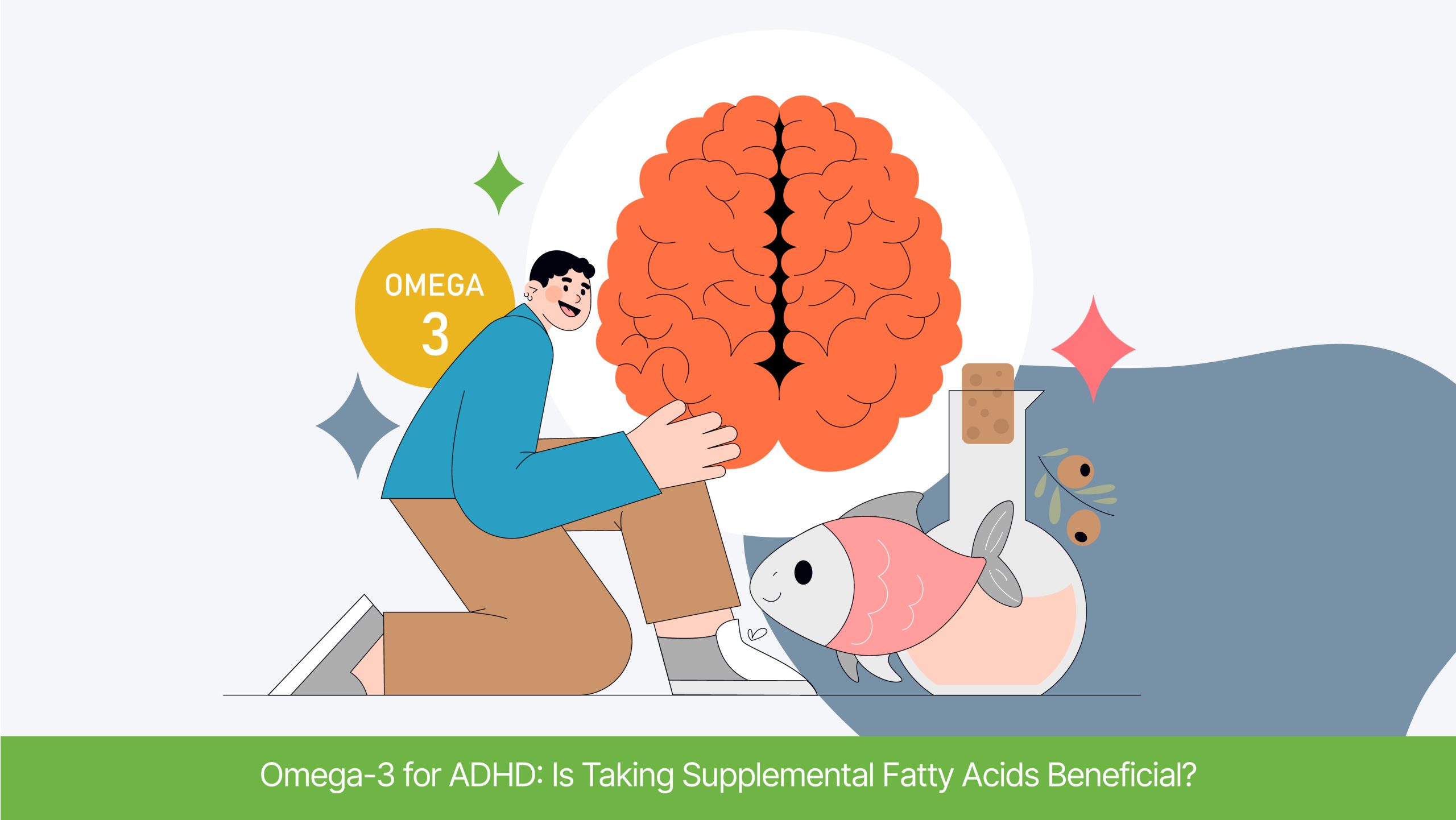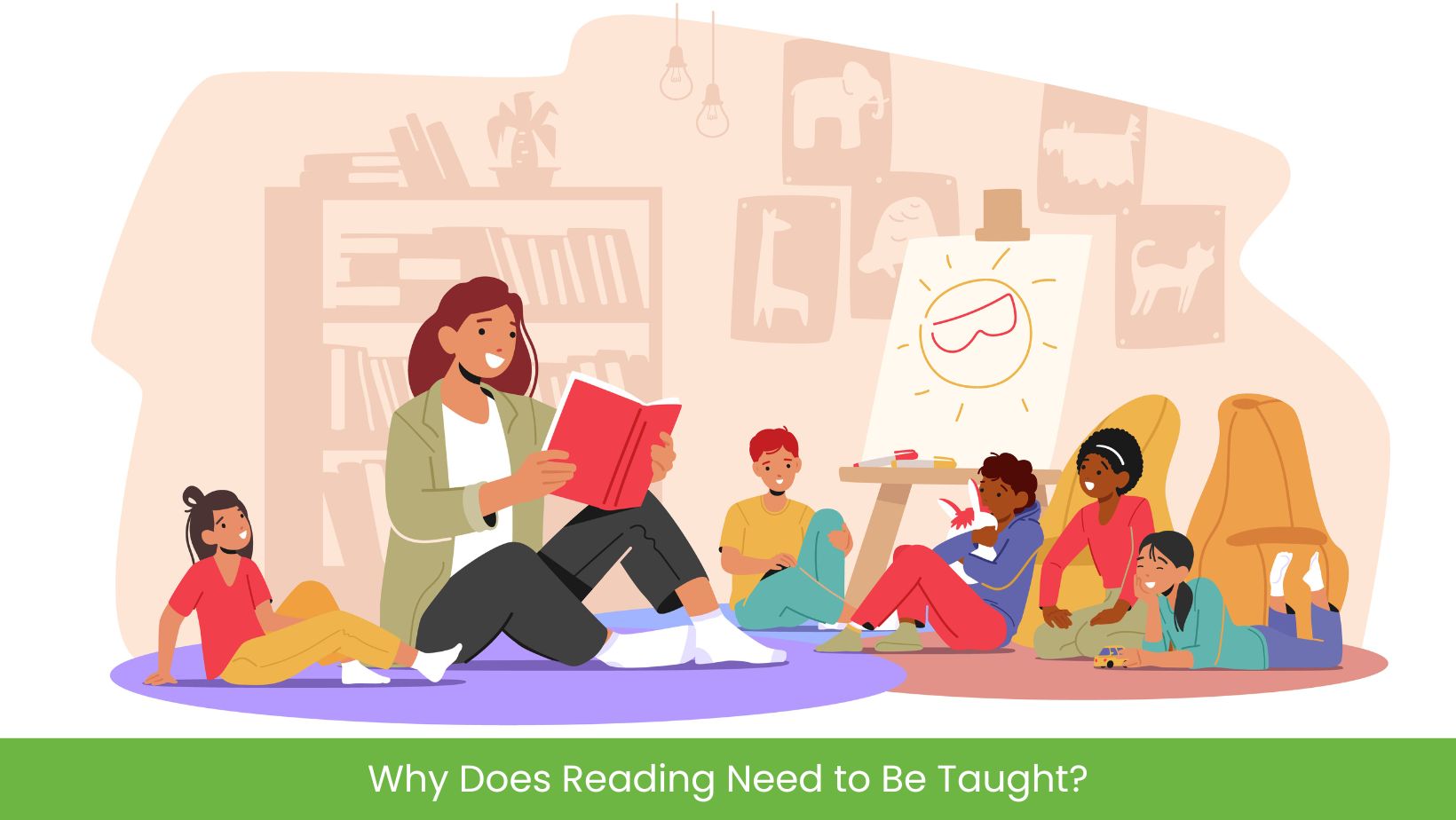
Why Declining Reading Skills Are Reshaping Higher Education
Universities across Canada are facing an unsettling reality: Many students arrive on campus without the reading stamina, fluency, or critical analysis skills once assumed at the postsecondary level. A recent University Affairs article, “For Whom the Book Tolls,” highlights how declining reading levels are reshaping how faculty teach, especially in







